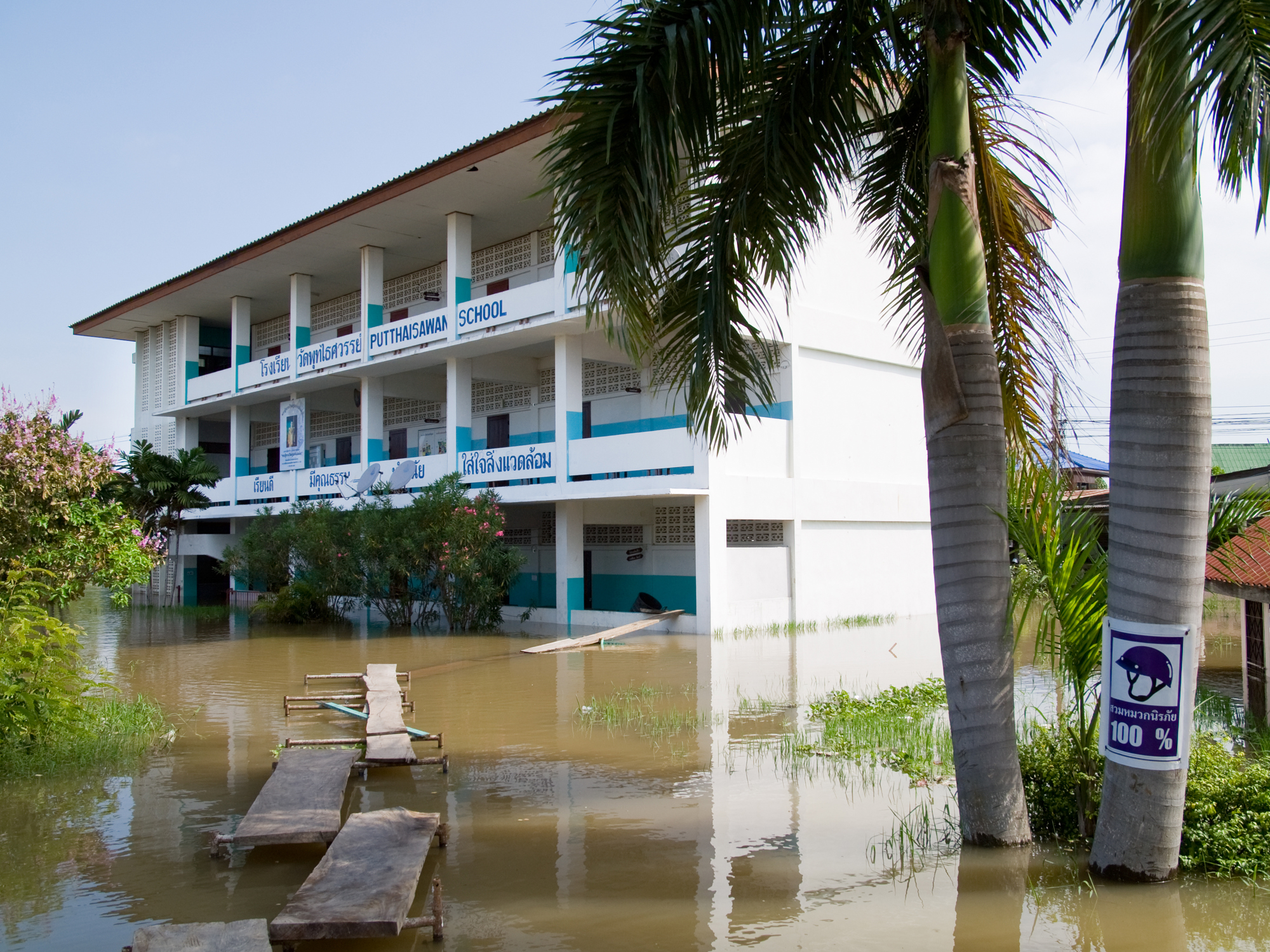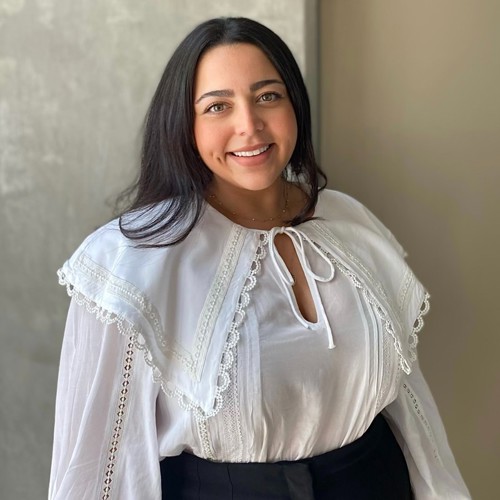Climate resiliency and education
Ban Almufleh from Dubai Cares on the impact climate change is having on education and why we need to integrate responses
Tuesday, 28 November 2023

Ban Almufleh from Dubai Cares on the impact climate change is having on education and why we need to integrate responses
Tuesday, 28 November 2023

 Ban Almufleh is a programme officer at Dubai Cares who promotes human prosperity by focusing on innovation, sustainability, and social development in any sector or industry.
Ban Almufleh is a programme officer at Dubai Cares who promotes human prosperity by focusing on innovation, sustainability, and social development in any sector or industry.
The past years have been turbulent in terms of emerging climate crises and natural disasters around the world. With each new devastating event, we are seeing higher and higher rates of school dropouts as well as prolonged periods of school closures. With each crisis, it’s becoming more and more clear that global education systems are just not equipped with adequate tools or capacity to adapt or be resilient to these climate changes. This leaves the most vulnerable children exposed to school closures and more disruption to their education.
As per the World Economic Forum, the world climate crisis dispruts the education of almost 40 million children annually. The worst-hit are from lower- and middle-income countries and it’s usually the most marginalised populations, such as girls, refugees, internally displaced people, people with disabilities and indigenous populations, who bear the brunt of this.
The climate crisis is an education crisis. We are seeing a never-ending cycle that needs to be broken because when students struggle to be educated, there are several detrimental knock-on effects in the long run, both for their community and for their country’s economy in general.
At Dubai Cares, we are bringing to the table the idea that we can't talk about education without considering how the climate resiliency - or the lack thereof - in current education systems is a major issue facing us today.
And in the same sense, we can't speak about targeting or addressing climate change without considering how education can be a very powerful tool for raising climate awareness in children in youth today and in the future.
We and our partners highlighted the interconnectedness between climate and education at the RewirEd Summit, as part of COP28’s “Youth, Children, Skills and Education” thematic day.
“We cannot talk about education without considering how climate resiliency - or the lack thereof - is a major issue.”
Ban Almufleh, programme officer, Dubai Cares

Dubai Cares works with underprivileged children around the world. Photo: Dubai Cares.
This was the first time in the history of all COPs that education occupied a prominent place in climate discussions. Our goal was to highlight – in concrete terms - the opportunity that exists when education partners and climate actors unite and shift the narrative on thinking about climate solutions and climate opportunities. We strongly believe this opportunity lies in global education transformation.
When we talk about global education transformation, we need to make sure it is relevant to the current context of the world today; whether we're talking about climate change or climate awareness or if we're talking about harnessing digital technologies or incorporating more life-skills based learning for children.
Secondly, global education systems need to be more resilient to the changing landscape and environment in which learning is being conducted and in which learning is being delivered. As we saw during Covid-19 for example, many children had to shift to online learning.
And thirdly and most importantly, global education systems need to be more inclusive, to be more equitable, and generally to be more efficient to do the job that they are meant to do.
Our vision for education transformation is to nurture a new generation who will have the right skills, values, knowledge and experience that they need in order to become future AI experts, to become future climate experts, to become future entrepreneurs, and most importantly, to become future sustainability champions so that they have the know-how and the capacity to deal and identify and implement solutions for any future climate challenges.
At the RewirEd Summit in Dubai, we brought together key partners, and provided them with a platform to showcase the different education transformation solutions that they have been working on at the intersection of education and climate.
It's important to mention that most solutions have been existing in this space for a while, we just need a place to highlight them and help them align their commitments to hopefully finance investments for the shared agenda of climate and education.
It's a good idea to use a strong password that you're not using elsewhere.
Remember password? Login here
Our content is free but you need to subscribe to unlock full access to our site.
Already subscribed? Login here